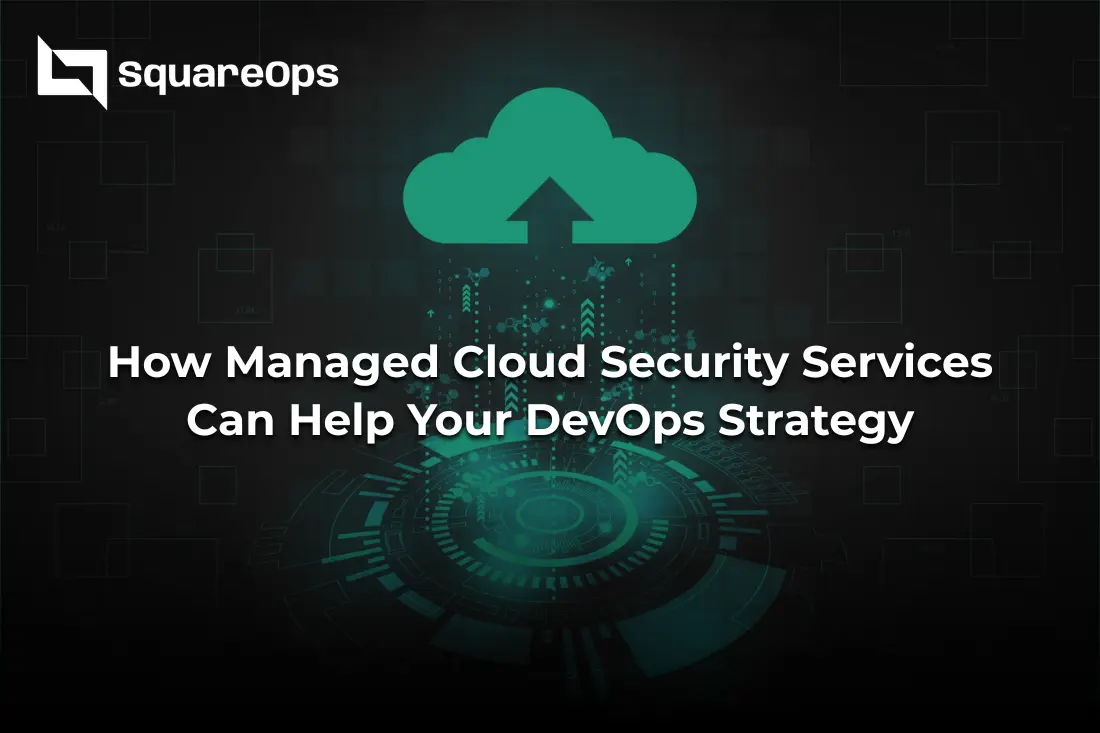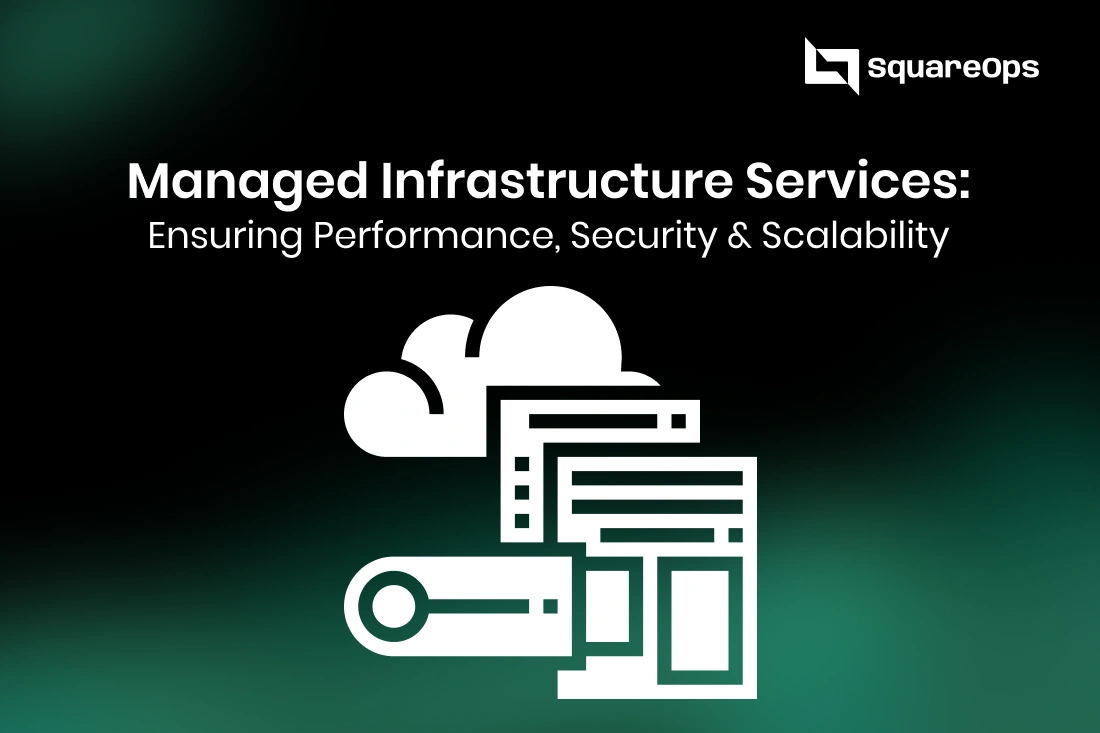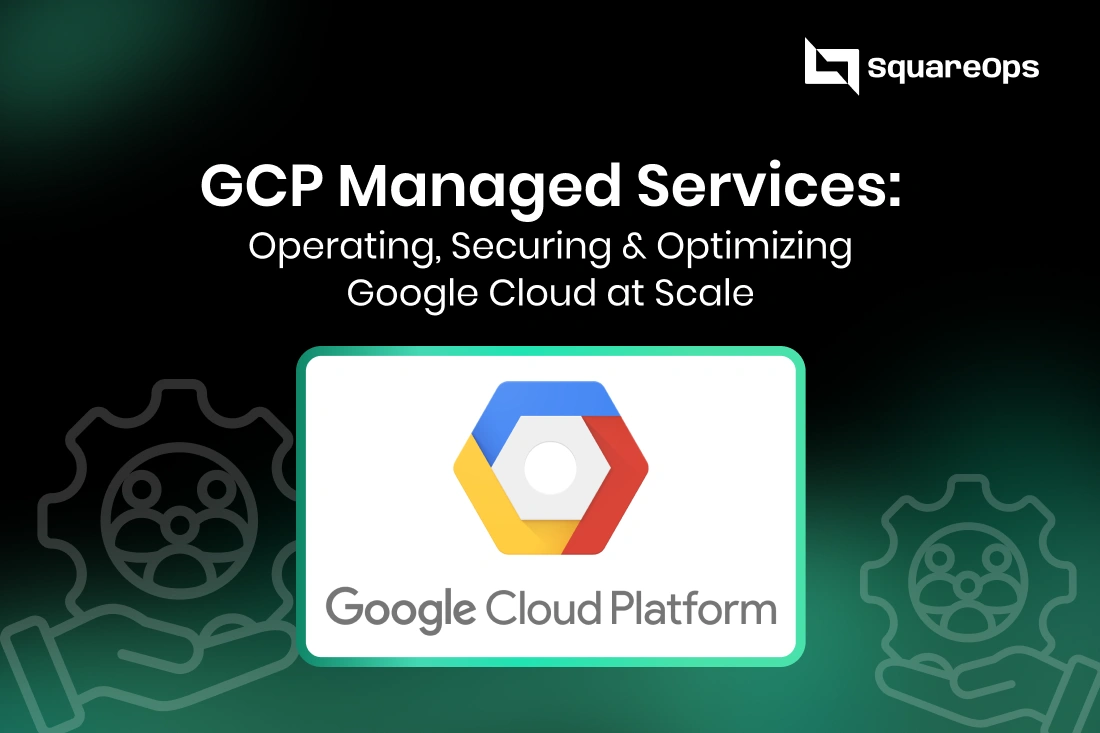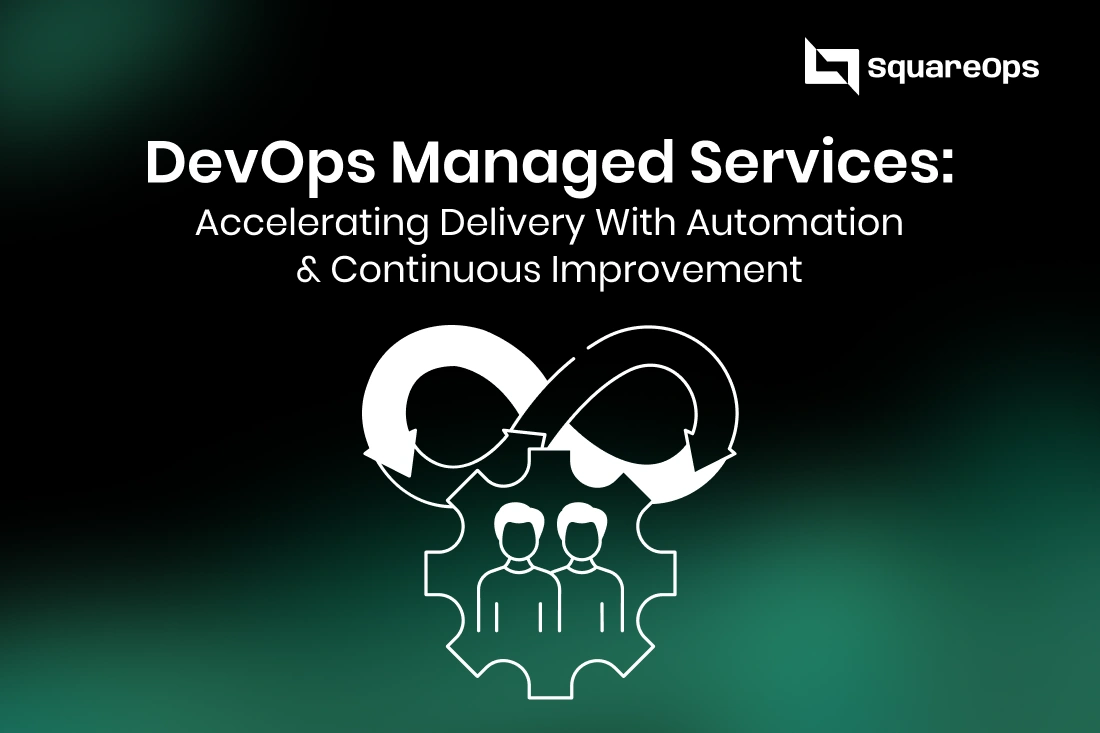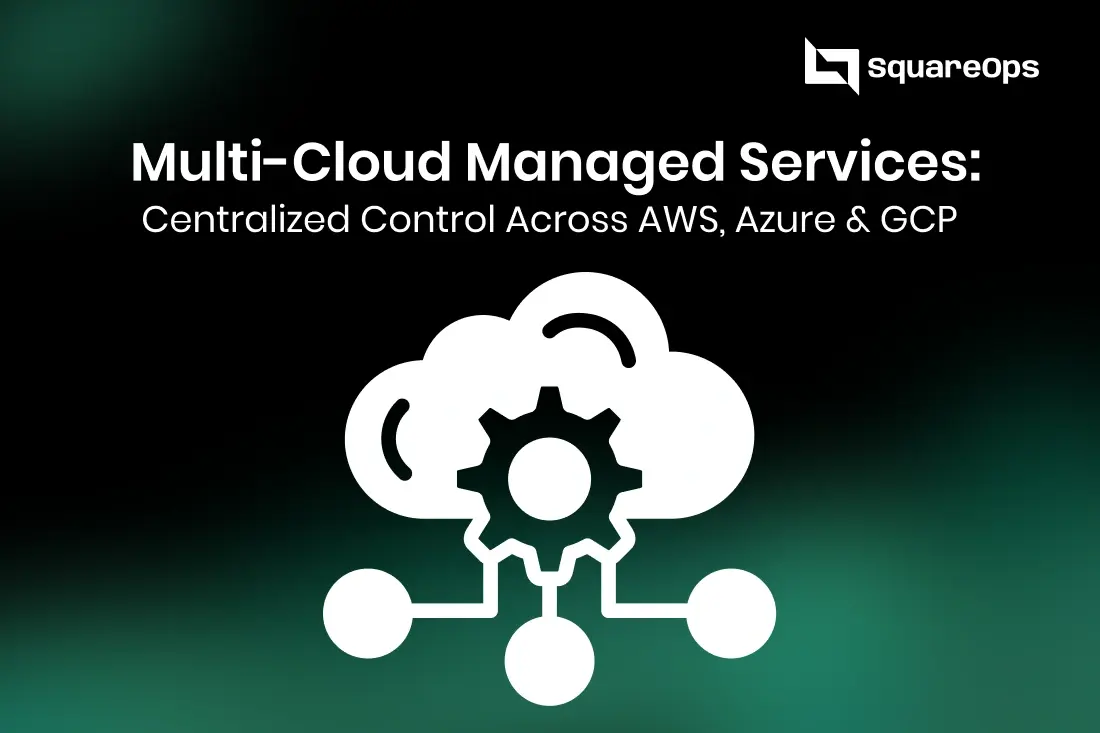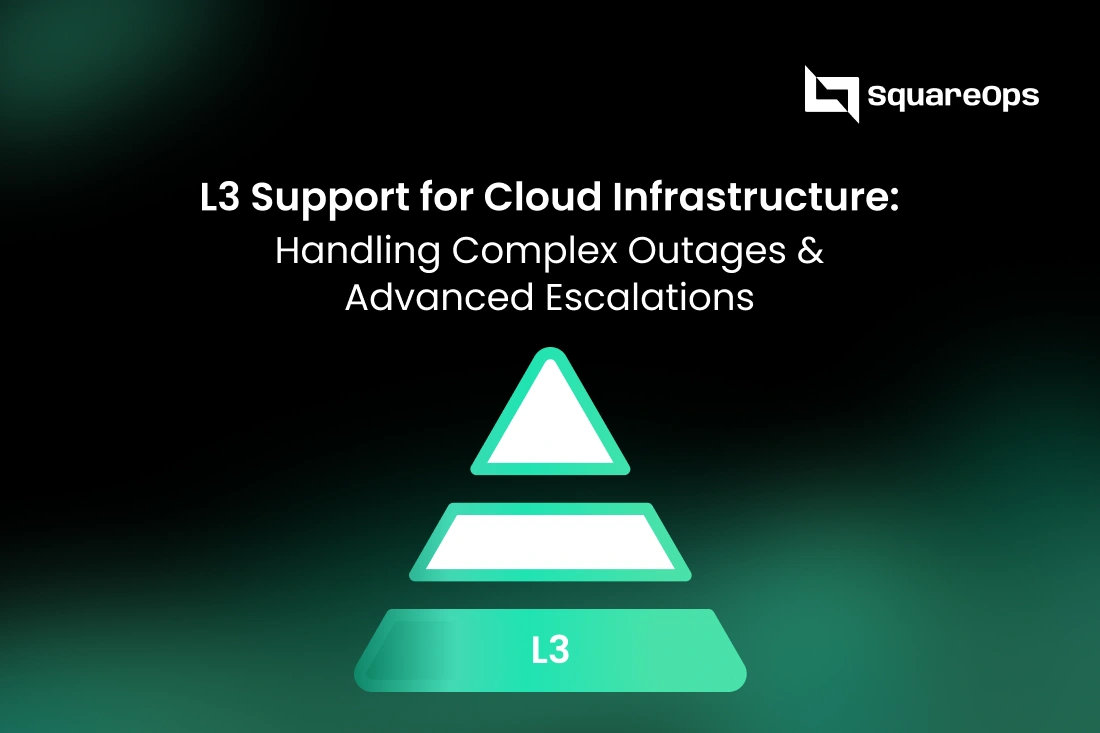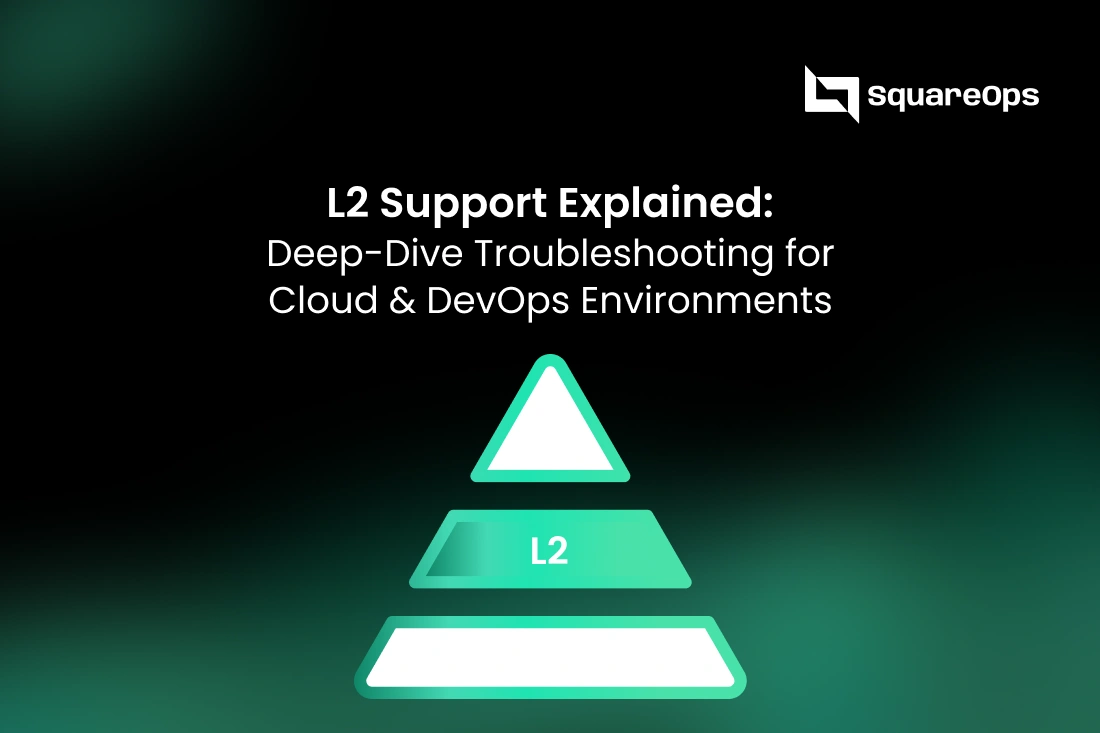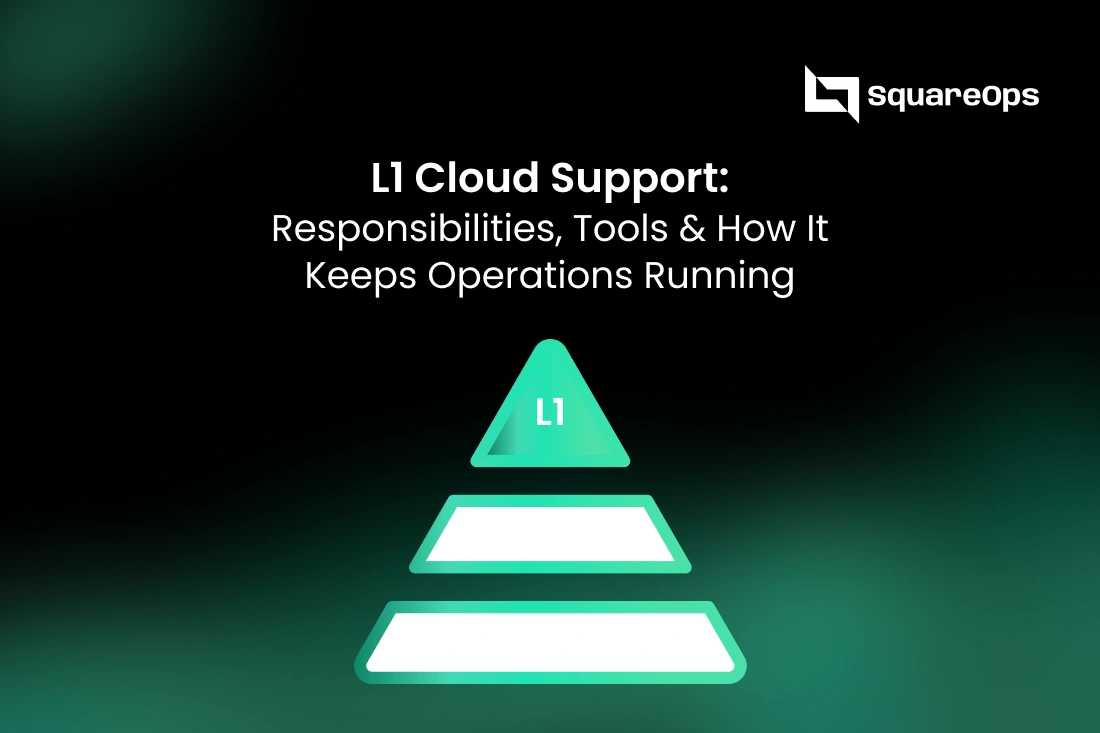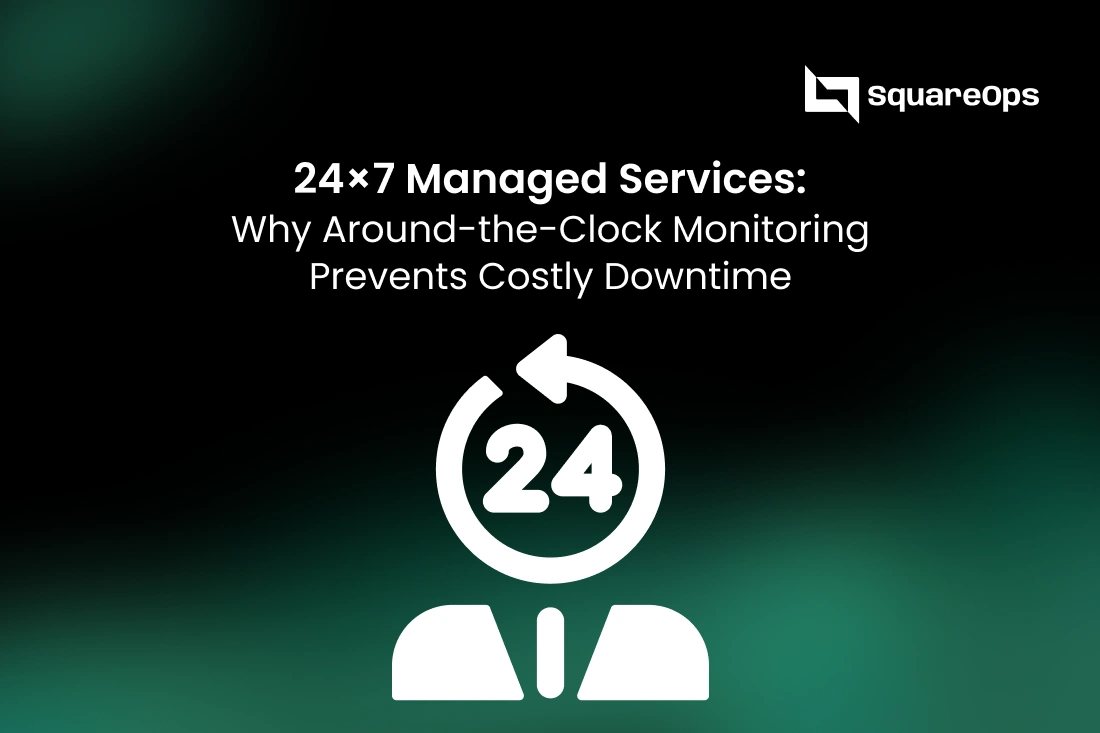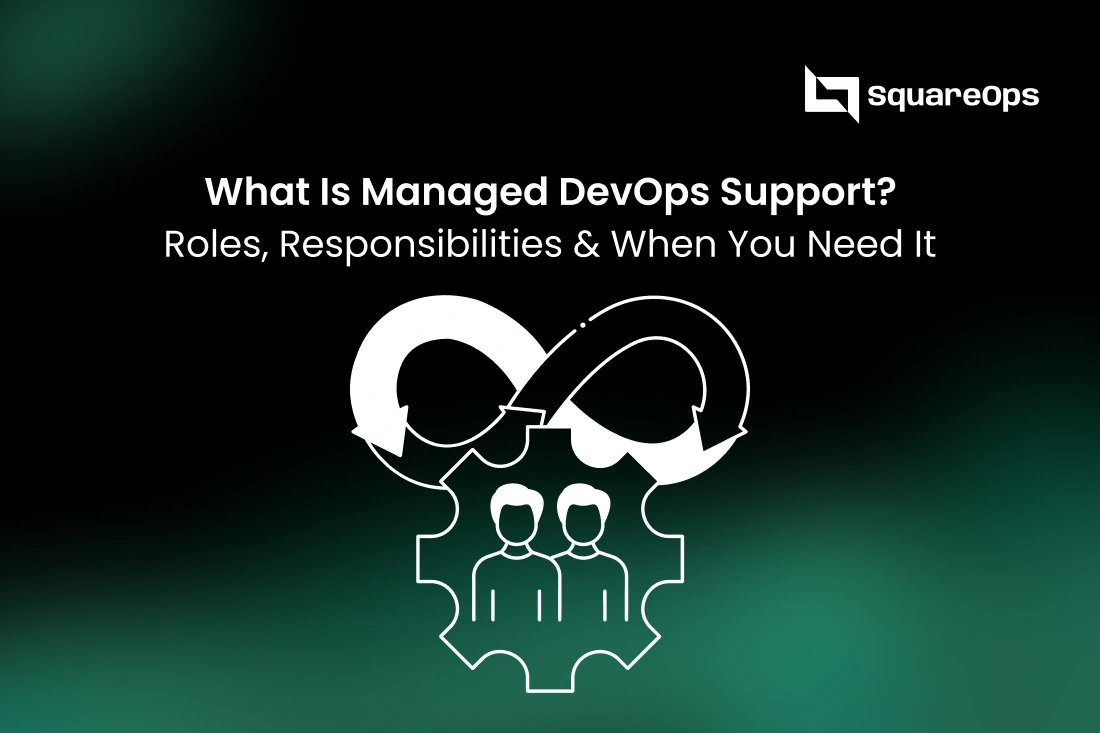Cloud-native applications and DevOps pipelines power modern businesses. But this speed and agility come at a cost: complex infrastructures, distributed teams, and increasing attack surfaces. Security breaches, misconfigurations, and compliance violations are now everyday concerns for DevOps teams.
Enter Managed Cloud Security Services (MCSS) — a critical ally for organizations embracing the cloud while prioritizing security and compliance. This comprehensive guide explores how MCSS can strengthen your DevOps pipeline, improve security posture, reduce operational overhead, and ultimately support business velocity.
What Are Managed Cloud Security Services?
Managed Cloud Security Services refer to outsourced services designed to protect cloud environments from threats, ensure compliance, and deliver end-to-end monitoring, prevention, and incident response. These services are typically provided by specialized cybersecurity companies or MSSPs (Managed Security Service Providers).
Key Components:
- Threat Detection and Response: Real-time monitoring and alerting for unusual behavior
- Cloud Security Posture Management (CSPM): Continuous assessment of misconfigurations and policy violations
- Identity and Access Management (IAM): Ensuring least privilege across environments
- Vulnerability Management: Scanning, prioritization, and patch validation
- Incident Response: Fast response to security incidents to reduce blast radius
Delivery Models:
- Fully managed by MSSP
- Hybrid security operations (shared responsibility)
- Security-as-Code platforms integrated into CI/CD workflows
These services cover public cloud providers (AWS, Azure, GCP), private cloud, hybrid setups, and Kubernetes-based deployments.
Cloud Security Challenges Faced by DevOps Teams
DevOps teams often prioritize agility and product delivery speed, but this can inadvertently introduce security risks. Some common challenges include:
1. Misconfigurations:
Improperly set S3 buckets, open security groups, or over-permissive IAM roles are leading causes of cloud breaches.
2. Shadow IT:
Untracked services, third-party tools, or rogue deployments increase risk exposure and reduce visibility.
3. Pipeline Vulnerabilities:
CI/CD tools like Jenkins, GitHub Actions, or GitLab may have unsecured credentials, secrets, or access controls.
4. Lack of Expertise:
Security requires continuous attention, deep knowledge of cloud provider configurations, and expertise that DevOps teams may lack.
5. Manual Processes:
Manual compliance tracking or vulnerability management introduces delays, errors, and gaps.
6. Audit and Compliance Fatigue:
Preparing for audits like SOC2 or ISO 27001 can exhaust internal teams and divert resources from innovation.
Benefits of Managed Cloud Security for DevOps Strategy
Managed security services aren’t just about defense; they are strategic enablers for high-performing DevOps teams.
1. Continuous Monitoring & Automated Threat Detection
Providers offer 24x7x365 monitoring of environments, using SIEM, behavioral analytics, and machine learning to detect anomalies.
2. Accelerated Incident Response
Having a security team on standby ensures immediate response to DDoS attacks, credential theft, or zero-day exploits.
3. Compliance & Reporting Automation
Integrated dashboards generate compliance evidence, map controls to frameworks like SOC2, PCI-DSS, HIPAA, and reduce audit prep time.
4. Improved Developer Productivity
DevOps teams focus on shipping features while the security service automates scanning, policy enforcement, and alerting.
5. Centralized Visibility Across Cloud Accounts
Unified dashboards show vulnerabilities, compliance scores, IAM audits, and threat vectors across AWS, Azure, and GCP.
6. Cost Savings
Avoid hiring and retaining expensive security personnel while leveraging expert teams at a fraction of the cost.
How Managed Security Integrates with DevOps Pipelines
Security isn’t a blocker — it becomes a part of the DevOps lifecycle with MCSS integration:
1. Security in the CI/CD Pipeline
- Static code analysis during builds
- Open-source dependency scanning (SCA)
- Secrets detection via GitHub pre-commit hooks
2. Infrastructure-as-Code Security
- Scan Terraform, CloudFormation, or Helm charts for security misconfigurations
- Enforce policies before deployment with tools like Checkov, tfsec, or OPA
3. Runtime Protection
- Integrate agents or API hooks into Kubernetes clusters
- Monitor container behavior, unauthorized access, and privilege escalations
4. Automated Alerts & Response
- Integrations with Slack, Microsoft Teams, Jira
- Auto-remediation workflows for misconfigured resources
Key Capabilities to Look For in a Managed Cloud Security Provider
When selecting a partner for cloud security, evaluate them across the following dimensions:
1. Cloud Coverage
Ensure they support multi-cloud environments including AWS, Azure, and GCP, plus container platforms.
2. Threat Intelligence
The best providers use proprietary threat intel, correlate with MITRE ATT&CK, and deliver contextual alerts.
3. 24/7 Security Operations Center (SOC)
Look for live analysts who triage alerts, not just automated notifications.
4. Toolchain Compatibility
Seamless integration with your existing stack: GitHub, GitLab, Jenkins, Terraform, Kubernetes, etc.
5. Compliance & Reporting
Real-time dashboards with mapping to NIST, CIS Benchmarks, SOC2, GDPR, and others.
6. Customization & Scalability
Services must adapt as your company scales. Startup and enterprise requirements differ significantly.
Case Study: Startup Secures Multi-Cloud with Managed Security
A fintech startup using AWS and GCP lacked the bandwidth to build an in-house security team. After partnering with SquareOps for managed cloud security:
- Deployment frequency increased by 35% due to reduced manual checks
- SOC2 audit readiness accelerated by 2 months
- High-risk misconfigurations dropped by 85% within the first quarter
With integrations into their GitHub pipelines, Slack alerts, and centralized CSPM dashboards, their DevOps velocity improved without compromising security.
SquareOps Offerings: Managed Security Built for DevOps
SquareOps delivers tailored managed cloud security services focused on DevOps needs. Their offerings include:
- SOC2 and ISO 27001 readiness assessments
- CI/CD-integrated vulnerability scanning
- Kubernetes-native runtime protection
- IAM audits and privilege optimization
- GitOps and IaC security controls
- 24/7 expert security support
Whether you’re a fast-scaling startup or an enterprise modernizing legacy systems, SquareOps ensures security doesn’t slow you down.
Conclusion
Incorporating managed cloud security services is no longer optional for DevOps-centric businesses. It offers a smart, scalable, and cost-efficient way to protect assets, ensure compliance, and accelerate innovation.
If you're looking to boost deployment velocity, pass audits confidently, and reduce risk — all without building a security team from scratch — it’s time to explore managed cloud security services.
Ready to secure your DevOps pipeline? Contact SquareOps for a tailored security consultation
